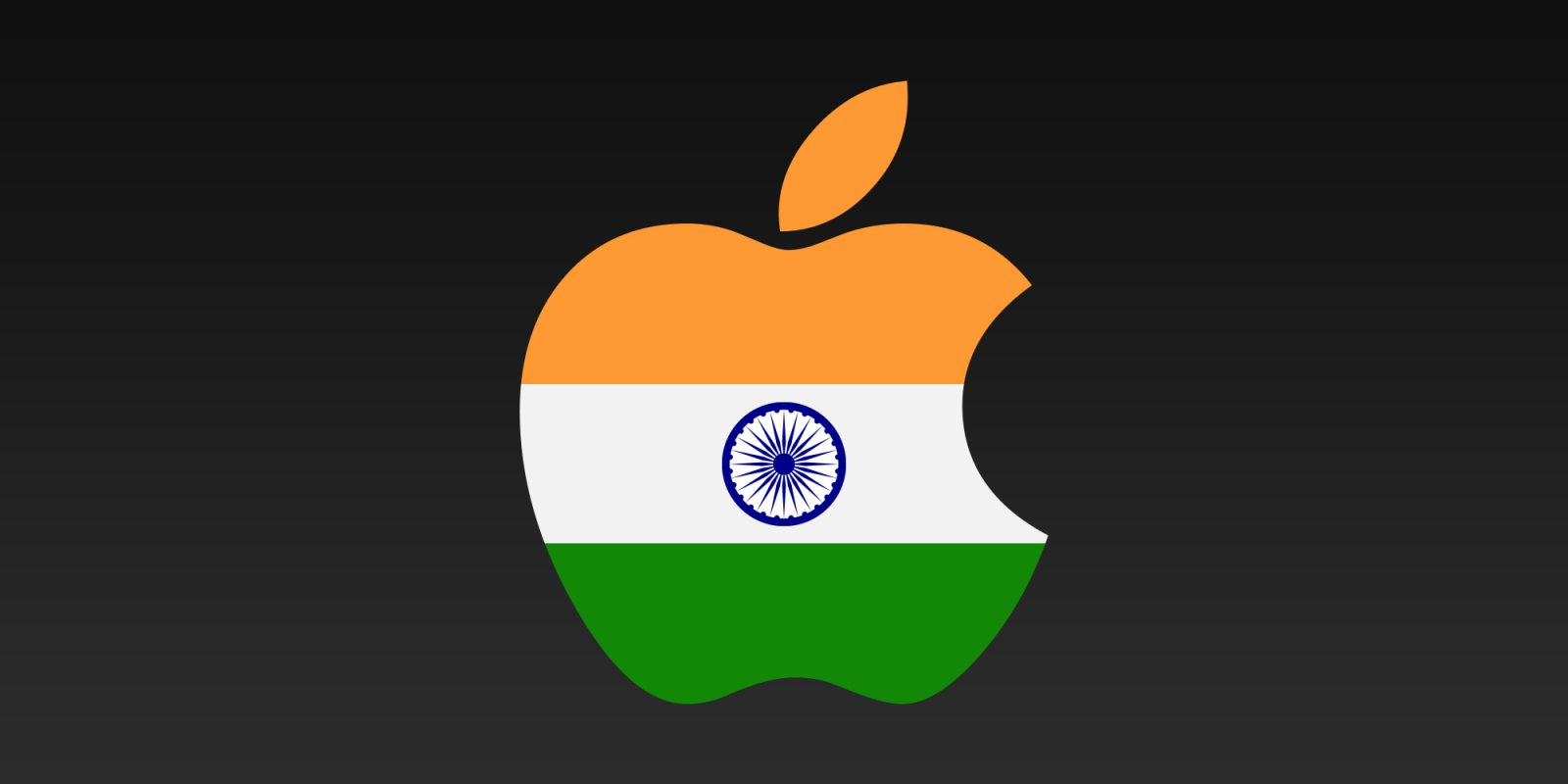After a thorough three-year investigation, Indian regulators have determined that Apple has engaged in antitrust behaviors by forcing App Store developers to use its in-app payment system.

The Competition Commission of India (CCI) initiated the investigation in 2021, following a complaint by the group "Together We Fight Society." While the details of the complaint are confidential under Indian law, the group's founder publicly criticized Apple's 30% fee as exorbitant and highlighted issues with the App Store rules, including the removal of apps.
According to Reuters, the CCI has now concluded its investigation and produced a 142-page report, which remains unpublished. The report states that Apple holds "significant influence" over digital products and services. "Apple App Store is an unavoidable trading partner for app developers," the report reads, "and resultantly, app developers have no choice but to adhere to Apple's unfair terms, including the mandatory use of Apple's proprietary billing and payment system."
During the investigation, Apple argued that the safety and security of the App Store depended on the revenue generated from its in-app payment system. It also claimed that its market share in India is "insignificant," ranging between 0% and 5%.
However, the CCI rejected this argument. "App stores are OS [operating system] specific, and Apple's App store is the sole App store available for reaching iOS users," it stated. "The payment policy of Apple adversely affects app developers, users, and other payment processors."
The report indicates that the CCI considered input from rival firms, including Amazon, Uber, and Microsoft, during the course of its investigation.
What Happens Next
The report has not been publicly released, and the CCI has not issued an official statement. Consequently, there is no published timeline for potential actions resulting from the findings.
Although this report signifies the conclusion of India's investigation, Apple and other involved parties will have the opportunity to respond. Following this, India may consider punitive measures, likely in the form of fines, but it could also require Apple to alter its business practices, similar to actions taken by European regulators.
In a related development, India has significantly benefited from Apple's efforts to reduce its dependence on Chinese manufacturing. As of April 2024, 14% of all iPhones are now produced in India.